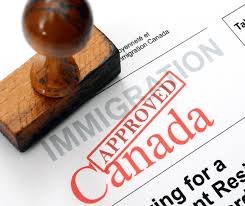Understanding Procedural Fairness
Procedural Fairness Letters
A Procedural Fairness Letter (PFL) is a communication that individuals or entities can submit to a decision-making immigration administrative body to assert their right to fair treatment in a particular process. This crucial tool in ensuring that the principles of procedural fairness, also known as natural justice or due process, are upheld during a decision-making process.
Immigration Process
The Importance of Procedural Fairness
Procedural fairness is a fundamental principle in Canadian immigration law that ensures all applicants receive a fair and transparent process. When Immigration, Refugees and Citizenship Canada (IRCC) or the Immigration and Refugee Board (IRB) has concerns about an application, they may issue a Procedural Fairness Letter before making a final decision.
These letters provide applicants with an opportunity to address concerns, submit additional documentation, or clarify misunderstandings before a negative decision is rendered. Responding effectively to a Procedural Fairness Letter can be the difference between approval and refusal of your immigration application.
Consult with Our Experts